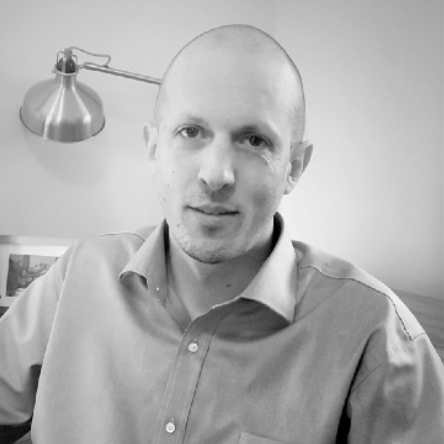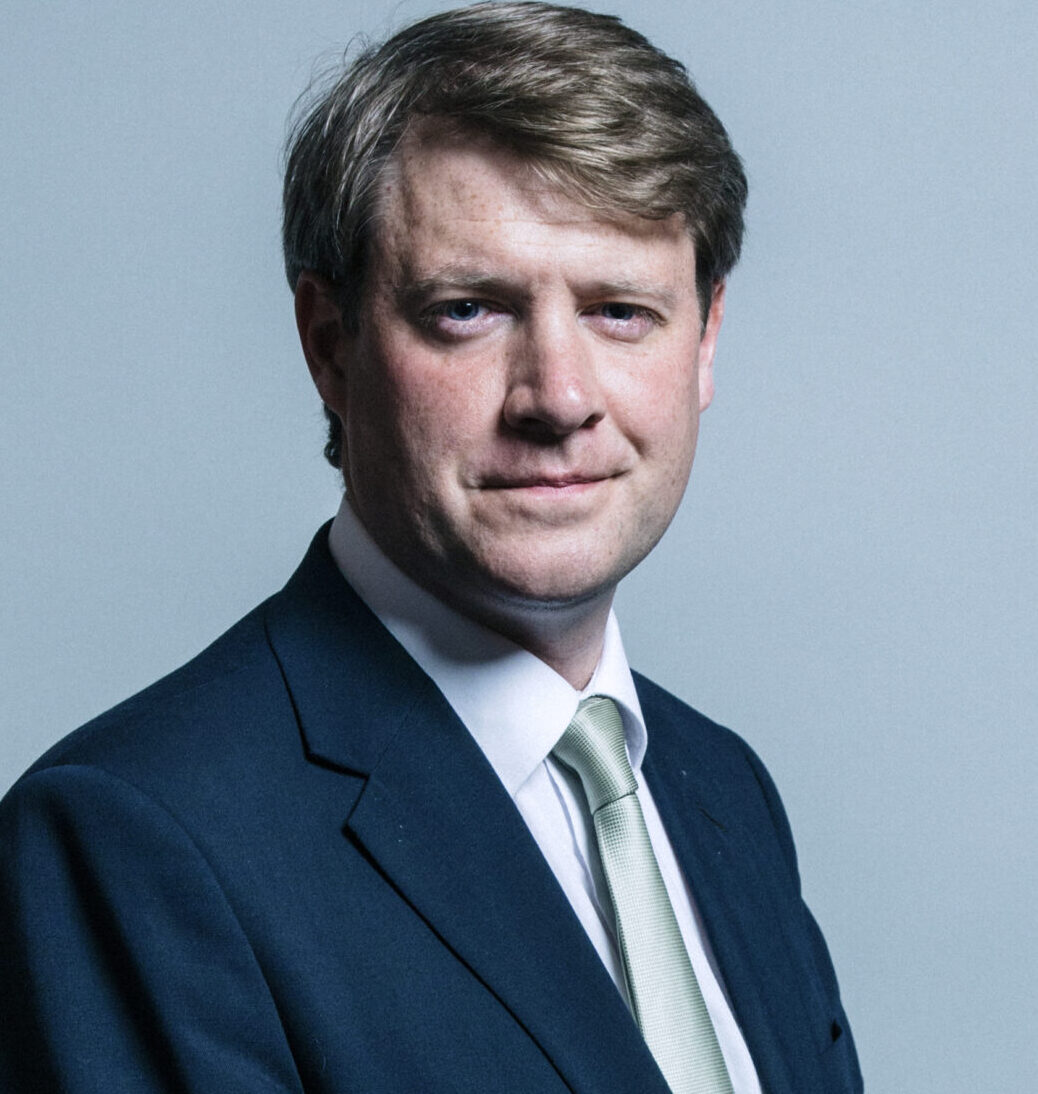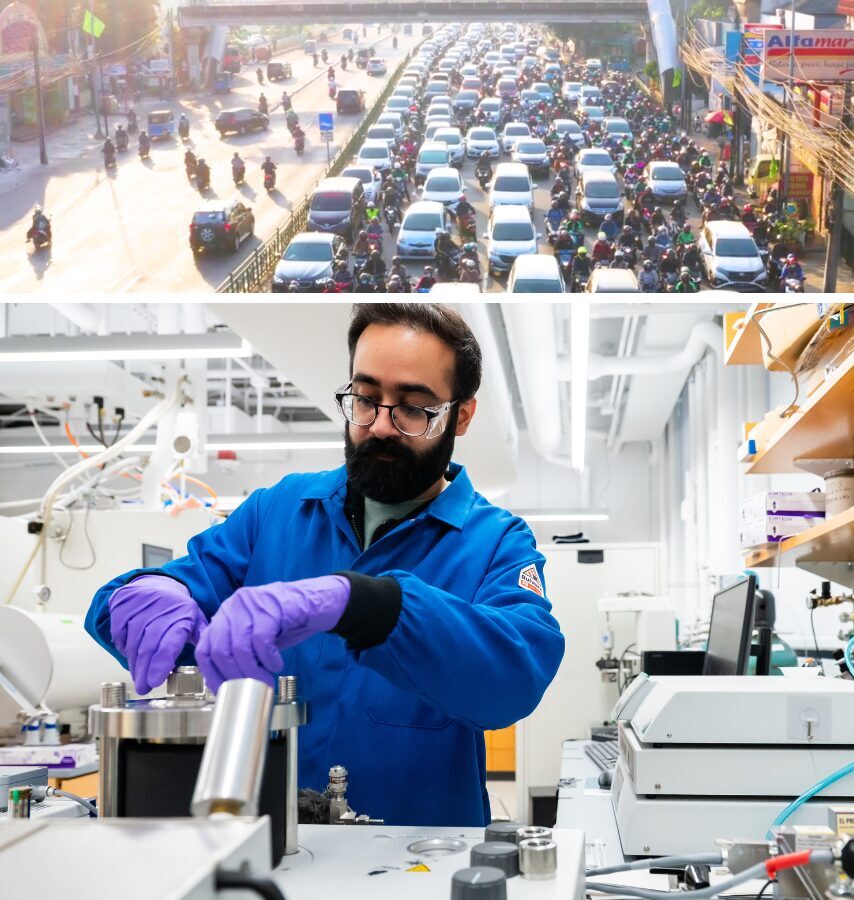
Thomas Lauvaux
Thomas Lauvaux is a university professor of climate sciences at University of Reims (URCA) in France, expert in greenhouse gas emissions quantification over metropolitan areas. He initiated the first urban-scale experiment to monitor greenhouse gases over Indianapolis in 2011, as a PennState Faculty member at the department of Meteorology. He has been developing data assimilation systems to study the evolution of anthropogenic emissions, and their spatial distribution at high resolution. His tools integrate data from fixed measurement stations, mobile campaigns by aircraft, drones, or balloons, and remote sensing data from current satellite missions (NASA OCO2/3, TROPOMI).
After a decade in the US, he moved back to France under the Make Our Planet Great Again fellowship to work on Paris and Mexico City, providing long-term emissions monitoring to support the implementation of climate action plans. His collaboration with the University of Tokyo and NIES focuses on Jakarta’s metropolitan area, to understand the sources of greenhouse gases, and their relationships with air pollutants (NOx, SO2, PM). As a co-coordinator of the ICOS-Cities project (EU-funded) and a member of the UN IG3IS working group (WMO), he is actively engaged in providing actionable systems to track and to evaluate the emissions trends over medium and large cities across the world.
The Salata Institute
The Salata Institute supports interdisciplinary research that leads to real-world action, including high-risk/high-reward projects by researchers already working in the climate area and new endeavors that make it easier for Harvard scholars, who have not worked on climate problems, to do so. Faculty interested in the Climate Research Clusters program should note an upcoming deadline for concepts on April 1, 2024.









